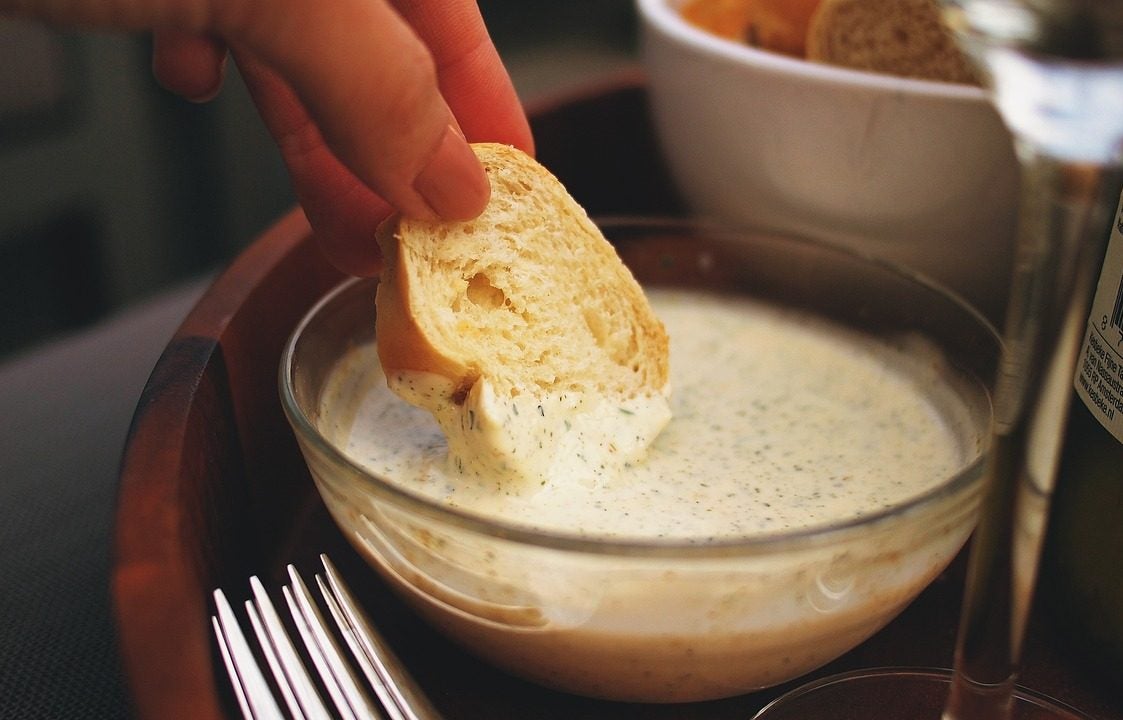
Ros Agro, the London-listed holding company behind Russian food maker Rusagro Group, has acquired 50% of the shares and taken control of peer NMZhK.
Nizhni Novgorod-based NMZhK is an agri-food business that produces Ryaba and Astoria condiments, Hozyayushka margarines and Kremlevskoye spreads.
NMZhK owns an oil and fats plant in Nizhny Novgorod, oil extraction facilities in Uryupinsk and Sorochinsk and elevators in Volgograd, Orenburg, Samara, Saratov regions and in the Republic of Bashkortostan.
Rosagro also manufactures margarine and mayonnaise.
In an announcement to the London Stock Exchange, Ros Agro said it will focus its efforts on developing NMZhK’s brands and suggested the deal will allow both companies to realise synergies.
Timur Lipatov, general director of Ros Agro, said: “Control over NMZhK will allow Ros Agro to occupy key positions in core segments of the B2C market, including becoming the number one producer of mayonnaises and mayonnaise sauces in Russia, significantly strengthening its position in sunflower oil and related seed products, as well as in a number of industrial fats product categories.
“This market positioning will allow shareholders to take advantage of economies of scale, including optimising logistics and a number of other cost items and reducing purchase prices. We also count on strengthening of the oil and fats business through the NMZhK team and exchange of the best business practices.”
The terms of the deal were not disclosed.
In May, Ros Agro released its first-quarter results, which showed its sales had decreased 23%, year-on-year to $651m while its adjusted EBITDA fell by 56% to $98m.
At the time, Lipatov blamed a drop in world prices, a shift in the US dollar/rouble exchange rate and the postponement of sales of agricultural products due to late harvesting.
In 2022, Ros Agro grew sales by 8% to $3.5bn but adjusted EBITDA was down 6% at $657m
Admitting that sanctions against Russia imposed after its invasion of Ukraine last February had had an impact, Lipatov said: “Net profit decreased by 84% due to the negative influence of forex losses caused by cash blocking by European banks.”
